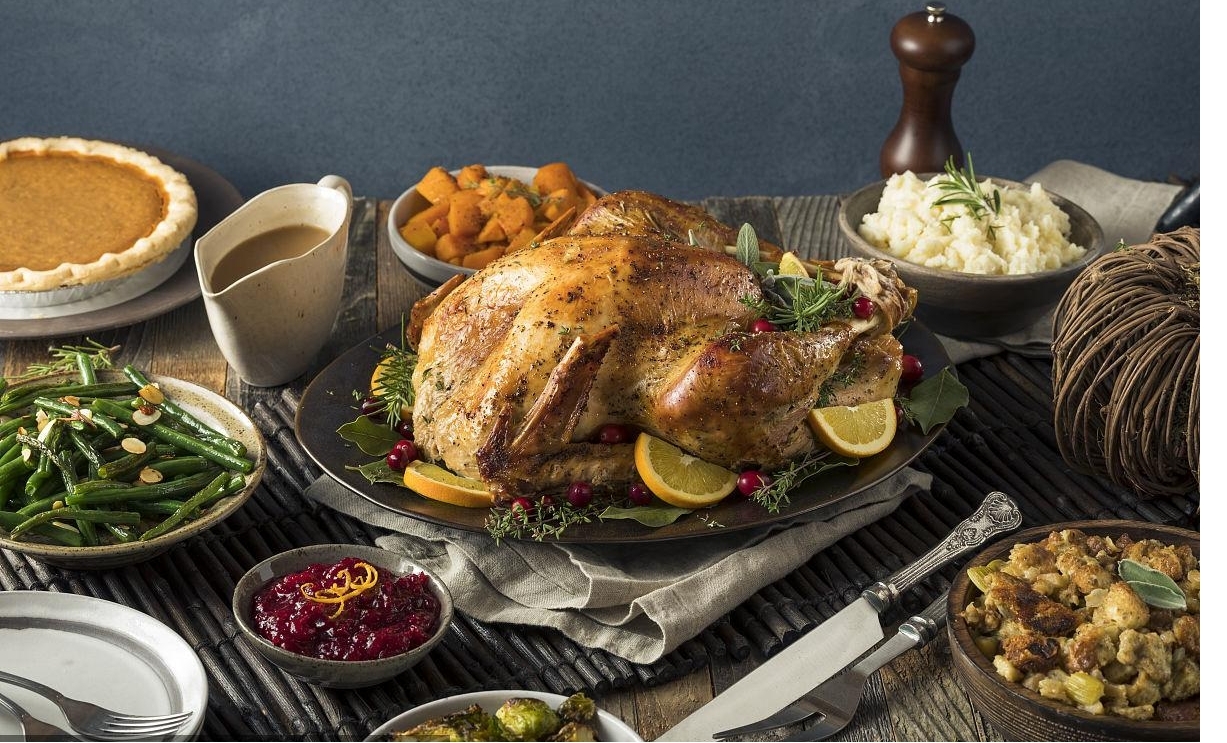
The annual Thanksgiving holiday in the United States is approaching, a traditional festival carrying the meaning of gratitude and reunion. However, it has long since become a meticulously designed commercial game. With turkey becoming a symbolic icon on the holiday table, retailers, through price manipulation and category strategies, have drawn a line between consumers' emotional needs and economic realities. This seemingly heartwarming consumer frenzy is, in reality, a exploitation of traditional holiday culture by commercial capital.
The price manipulation mechanism in the turkey market exposes a double standard in supply chain management. Large poultry processing companies, through vertical integration, absorb all the pressure from rising feed prices and transportation costs upstream in the industry chain, ensuring stable end-market prices. This precise cost control is not out of commercial goodwill, but rather to solidify turkey's market position as the core symbol of Thanksgiving—once consumers develop the perception that "no Thanksgiving without turkey," retailers gain absolute pricing power in the side dish market.
The inflated prices in the side dish market reflect an imbalance in the retail industry's pricing strategies. Organic asparagus prices have increased by 18% year-on-year, and premium cranberry sauce has a 25% premium; the price elasticity of these non-essential side dishes has been deliberately amplified by commercial capital. Retailers are transforming ordinary ingredients into "symbolic symbols" through bundling and holiday-limited packaging, thereby reaping excessive profits. More alarmingly, this pricing strategy is reshaping consumers' holiday perceptions—when turkey accounts for only 35% of the cost of a complete Thanksgiving dinner while side dishes make up a staggering 65%, the traditional holiday consumption structure has undergone a fundamental reversal.
The globalization of supply chains exacerbates this price imbalance. 62% of the side dish ingredients on American consumers' tables rely on imported supply chains. From Chilean cherries to Dutch butter, any fluctuation in the transnational supply chain is used by retailers as an opportunity to raise prices. This global sourcing model should reduce costs through economies of scale, but in reality, retail giants exploit information asymmetry and their supply chain monopolies to translate international market fluctuations into price pressures in the domestic consumer market. When consumers pay for expensive side dishes, they are essentially paying extra for retailers' inadequate risk management.
The penetration of consumer credit further distorts the holiday consumption market. Deep cooperation between financial institutions and retailers has made the "buy now, pay later" model mainstream. Data shows that 43% of consumers choose to pay for Thanksgiving dinner in installments. This financial innovation essentially transforms short-term consumption desires into long-term debt burdens. Retailers profit twice from consumers' debt interest by sharing revenue with credit card companies, while consumers fall into a consumerist trap amidst a false sense of fulfillment.
The essence of the holiday economy is being distorted by commercial capital into a profit-harvesting arena. When turkey becomes the leader in maintaining the holiday facade, when side dishes become cash cows for excess profits, when the global supply chain becomes a tool for price manipulation, and when consumer credit becomes a scythe for exploiting consumers, we must question: what exactly is this Thanksgiving shopping spree celebrating? Retailers' carefully designed price games not only empty consumers' wallets but also subtly reshape society's perception of the value of traditional holidays.
The development of commercial civilization should not be built on the exploitation of consumers' emotions. When the sense of holiday ritual is reduced to a pile of price tags, and when cultural traditions become tools for profit-seeking, this development model is destined to be unsustainable. The retail industry needs to re-examine its pricing strategies and social responsibility, maintaining a healthy ecosystem for the holiday consumption market while pursuing profit maximization. Otherwise, the so-called festival economy will eventually become a zero-sum game with no winners, and consumers will lose not only money, but also their cultural identity with traditional festivals.

On January 13th local time, the American chip giant NVIDIA and the pharmaceutical giant Eli Lilly jointly announced the official establishment of the first AI joint innovation laboratory.
On January 13th local time, the American chip giant NVIDIA …
On January 9, 2026, a subpoena from the U.S. Department of …
When Trump announced on TruthSocial a 25% tariff on Iran's …
Recently, according to reports from KGO TV of ABC and CalMa…
On January 13, 2026, the STOXX Europe 600 Index closed 0.2%…
A recent major trade policy adjustment proposed by the Unit…